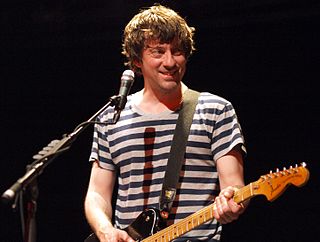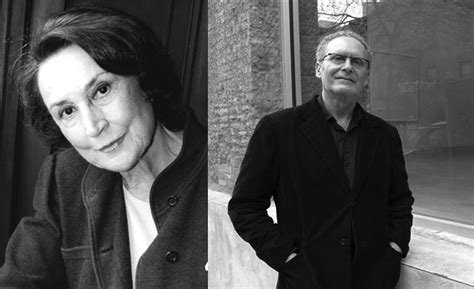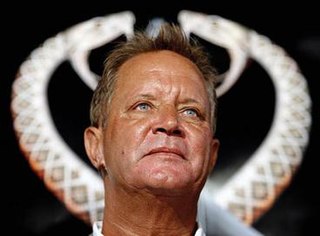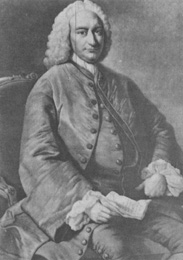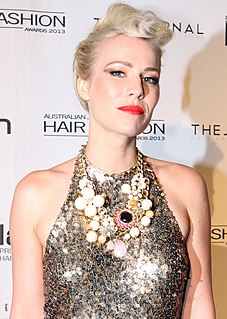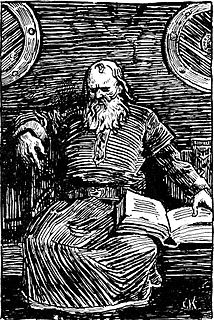A Quote by Graham Coxon
There were some extremely good teachers there that were great artists really in their own right. It was actually very hard to concentrate on getting down to going any work being an art student especially when it's a flighty thing at best.
Related Quotes
Norman Rockwell spent his career painting pictures that helped people understand their own feelings...pictures that enriched their own experiences and celebrated their own lives. But the art establishment branded him an 'illustrator', a sentimental one at that. Real artists, they said were doing art for art's sake, not for the sake of the bourgeois public. Real artists were putting swiggles, smears or daubs of paint on the canvas. They were doing 'innovative' and 'creative' work. If they were hideous and grotesque; we know that's what life really is!
Some were getting married; some were getting divorced. People were in different places, but you had enough time on this earth to actually get somewhere, and I think that's the exciting thing about being 36 and in your mid-30s. You've been somewhere, and you're going to go somewhere. It's fun; it's exciting.
What's happening in the larger world always influences art. When I first started the gallery in 1959, one of the first things I learned was that most people assume artists know one thing and one thing only - that they were idiot savants. I found very quickly that most artists were very informed and very aware of what was happening in the world around them. So all of those things go together, especially for earthworks. And at that time there was such an intense interest in American art. So there was a great deal of attention paid to where it was going.
My children came out as individuals in their own right. They were not my products. They had their own characters and were very strong-minded. I gave them a lot of freedom when they were still very young. The one thing they got from me is morals. They would never betray anyone. They are really good people.
Ultimately, it comes down to taste. It comes down to trying to expose yourself to the best things that humans have done and then try to bring those things into what you're doing. Picasso had a saying: good artists copy, great artists steal. And we have always been shameless about stealing great ideas, and I think part of what made the Macintosh great was that the people working on it were musicians and poets and artists and zoologists and historians who also happened to be the best computer scientists in the world.
A big reason why we were able to and have been able to continue to succeed is that we had a very intense work ethic, right from the beginning. There was a do-or-die attitude toward the work. It wasn't seen as a little "club." It was like, "This is your life." We would spend hours and hours rehearsing and endlessly rewriting. We took it very seriously right off the bat. And we were also extremely critical of each other, which was another thing that was unique. A lot of comedy ensembles have a hard time being critical of each other, because they don't want to hurt each other's feelings.
I was a 36C or D, and at 5' 1'', I knew that being a small person with big boobs standing in front of an audience was not going to be easy. It would be really hard to get people to pay attention to me without mocking me. Getting a breast reduction to prepare for my career was no different from people who work to get good grades to get into a good college to get into a good graduate school to get a good job. I went down to a B cup, and it was the best thing in the whole world.
Some people reckoned up all King Harald's (King of Norway) great achievements, and said that nothing would be too difficult for him. But there were others who said that England would be very hard to conquer. It was very populous and the warriors who were known as the king's Housecarls were so valiant, that any one of them was worth two of the best in King Harald's army
Let's say there was no terrorism whatsoever and we were all very nice to one another and we were all kind, we still would be faced with an extremely cruel and hostile universe and existence and so I'm a great pessimist and I feel that it's impossible really to be happy, and that the best you can hope for is to be distracted.
